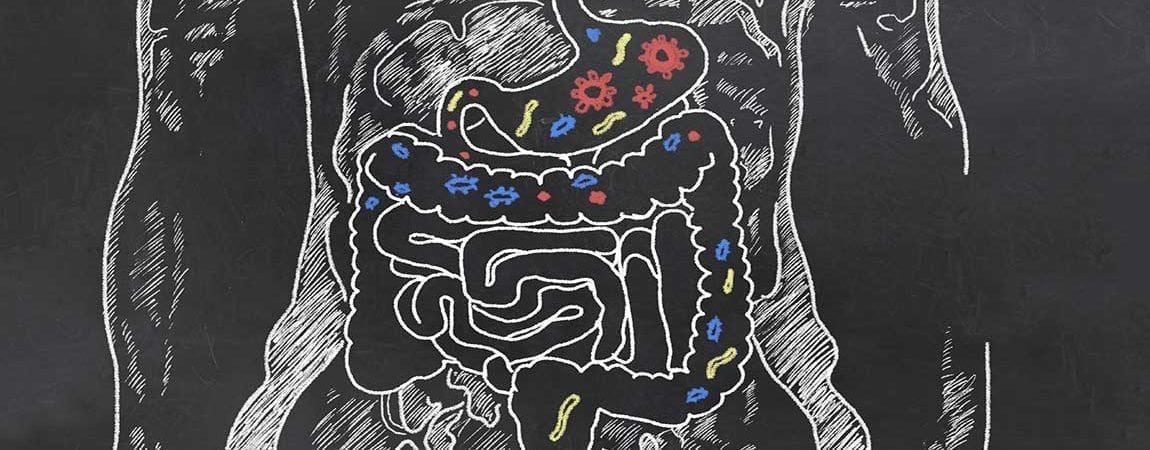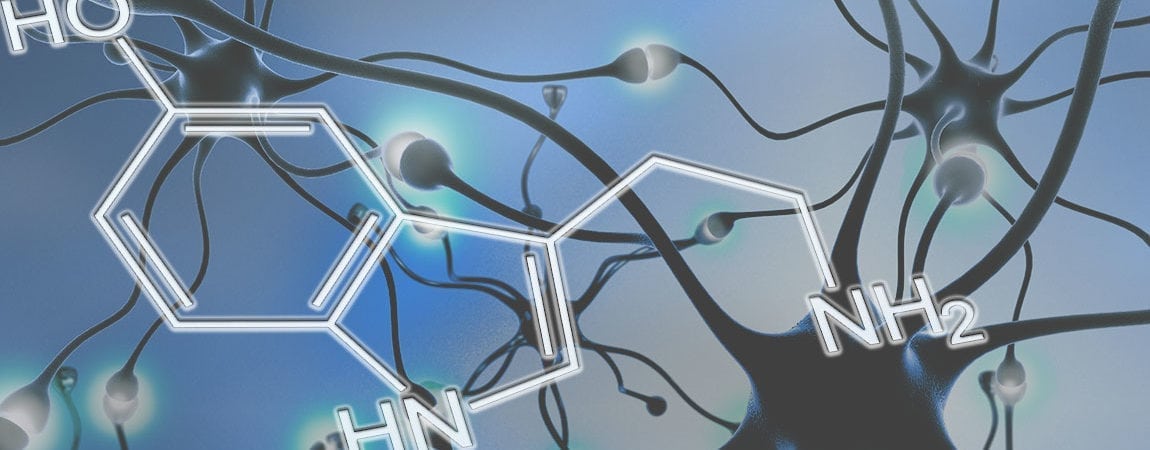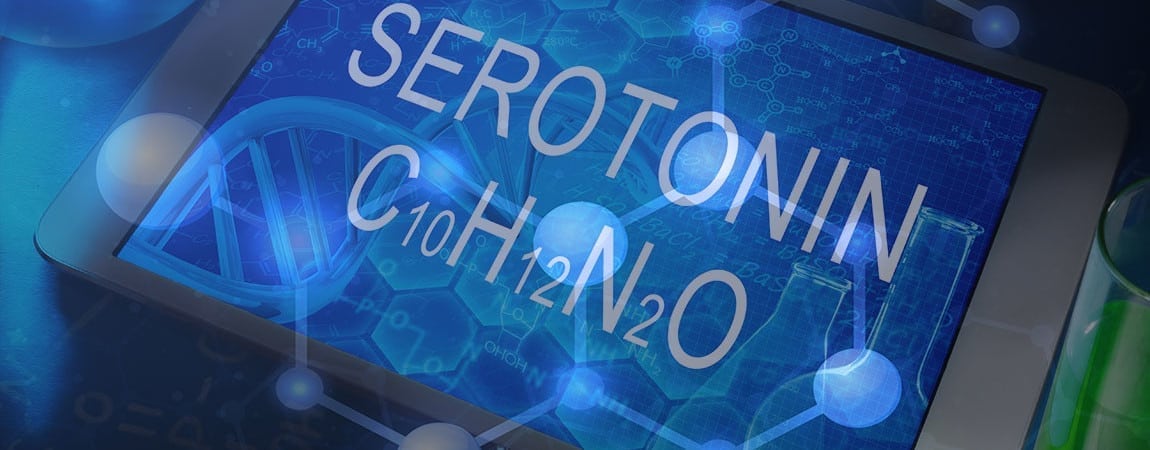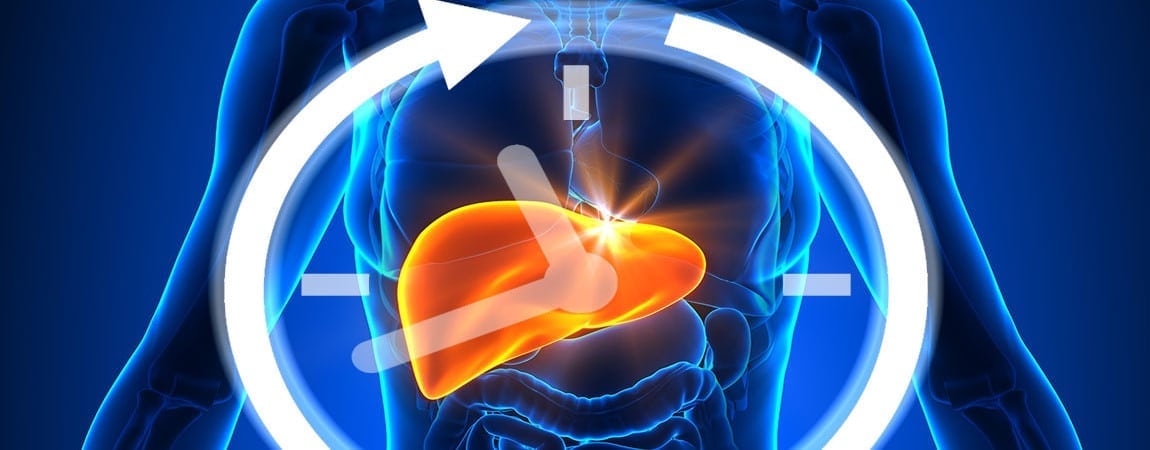Digestive Health
Article Categories
-
Westerners are living longer lives than ever. However, we are living sicker lives as well. Many people struggle with chronic illness and disorders that affect their daily lives in a variety of ways. Sadly, our golden years are often spent in hospitals and doctor's offices. Researchers now believe that maintaining a healthy balance of intestinal flora (bacteria in your digestive...
-
Many people are familiar with the neurotransmitter serotonin. Drugs controlling serotonin levels, such as SSRIs, have been used to treat diverse diseases from clinical depression to chronic pain disorders. The link between low serotonin levels and clinical depression has long been known, but new evidence suggests that serotonin also plays a role in gastrointestinal motility and a variety of other...
-
When it comes right down to it, the typical Western diet is not a healthy one. Americans and a growing number of Europeans eat high levels of fat, including saturated fats that are known to be a health hazard. In fact, modern medical research blames much of the prevalence of high cholesterol, high blood pressure and cardiovascular disease on our...
-
Serotonin, which is often referred to as the "happiness hormone," is most often associated with happiness and feelings of well-being. While this inhibitory neurotransmitter definitely has an effect on mood, it also affects our brains and bodies in a variety of other ways. Low serotonin can impact nearly every system in the body, causing symptoms that interfere with just about every...
-
Resveratrol is present in red wine, berries, grapes and a variety of healthy foods. It has become a popular supplement in the last several years. Believed to have powerful antioxidant properties which promote healthy aging, this plant compound is being linked to a variety of positive health effects in studies. A new study looking at resveratrol and heart disease shows...
-
Inside your intestines live billions of bacteria and other microorganisms. These are not parasites, but rather an important part of your body and your health. New research has found that these microorganisms are integral in disease prevention, emotional health and other areas. However, we live in a world filled with antibiotics and antimicrobials that may be affecting the important functions...
-
When we talk about the circadian rhythm, most people think about the brain. However, every organ has its own internal biological clock. The liver's innate 24-hour rhythm is especially important to your metabolism and even affects the central circadian clock in your brain. New studies suggest that the liver’s circadian clock may even regulate hunger, digestion and a variety of...









